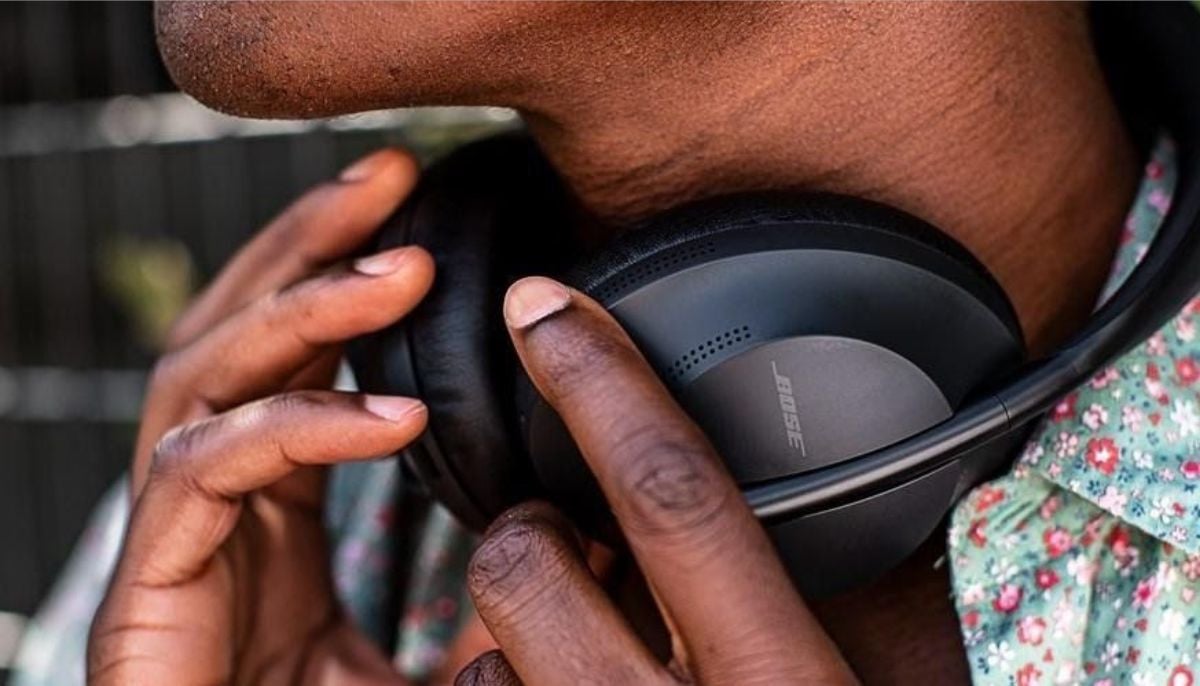Screen time for babies, toddlers may lead to 'developmental delays'
Parents use videos to keep babies busy but they may want to rethink after recent scientific findings reveal ill effects
Children should be prohibited from screen time until the age of 3, as it can lead to developmental delays, a recent study published in the Journal of the American Medical Association (JAMA) suggested.
Babies and toddlers who are allowed screen time display atypical sensory behaviours linked to neurodevelopmental disorders like autism and attention-deficit/hyperactivity disorder (ADHD), The New York Post reported citing findings of the study.
The study involving 1,471 children found that screen time for one-year-olds increased their risk of sensory processing issues at 33 months old, with a 105% higher likelihood attributable to screen time.
Children with these conditions were more likely to exhibit negative behaviours, such as disinterest in activities, slow response to stimuli, seeking more intense environmental stimulation, or feeling overwhelmed by loud sounds or bright lights.
Researchers also found that screen time for babies and their age significantly influenced their development.
At 18 months, daily screen time increased the chances of sensory problems by 23%, but dropped to 20% at 24 months. Experts recommend not allowing screen time for children under three, and three to five hours daily.
However, children two years of age and younger had an average of three hours and three minutes per day, per research published in JAMA Pediatrics.
"Parent training and education are key to minimizing, or hopefully even avoiding, screen time in children younger than two years," senior study author Dr David Bennett, a Drexel professor of psychiatry, said in a statement.
The one exception is video chatting since a child's growth is probably aided by the social benefits.
This study adds to a long list of alarming consequences that are probably related to screen use, such as behavioural disorders, language delays, difficulty solving problems and sleep disturbances.
It also comes as the rate of autism and Attention-deficit/hyperactivity disorder (ADHD) has drastically grown in recent years. In 2020, one in 36 eight-year-olds in America had autism, compared to one in 44 in 2018, the Centers for Disease Control and Prevention (CDC) reported.
The national rate of ADHD has also been steadily increasing since the CDC began measuring it in 1997.
-
How the world lost Whitney Houston to overdose
-
Late Ozzy Osbourne's 'terribly challenging' life with Parkinson's Disease
-
Emerging health threat: Toxic chemicals found in headphones, raising safety concerns among teens
-
Halsey’s rare health struggle you didn’t know about
-
Angelina Jolie and Brad Pitt mental health struggle amid divorce
-
Peter Dinklage shares achondroplasia struggle: 'My whole life I've had stares'
-
Celine Dion’s private battle with Stiff Person Syndrome
-
5 famous names who have spoken up about their anxiety












